DALLAS (AP) — Attorneys say the federal government is loosening its crackdown on offering bonds for Central American immigrant mothers and children seeking asylum in the U.S., a shift that comes after a federal judge ordered a halt to a detention strategy aimed at deterring other illegal crossings. Immigrant advocates say the effect so far has been minimal: Most families can’t afford to post bond anyway.
Lawyers say immigrants at the more than 500-bed facility in Karnes City say that the U.S. Immigration and Customs Enforcement has this week been offering bonds, but many are as high as $7,500.
“It is a change to see ICE setting bond at all — that’s a whole change in position that is important. It’s just that the bonds that ICE is setting are prohibitively high and seem to be across the board,” said Denise Gilman, director of the University of Texas at Austin School of Law’s Immigration Clinic, a co-counsel in the lawsuit filed by the American Civil Liberties Union.
“Many of the families will not be able to pay that bond. So in practical effect, for many families, it’s essentially an ongoing detention order,” she said, adding, “Most people are still going to have to go into court, just like they did before, which is unfortunate.”
Gilman said that’s a process that can take weeks or months.
When ICE doesn’t give bond during a custody determination or sets one an immigrant thinks is too high, that person can go before an immigration judge, who Gilman said often did give bond or released people on their own recognizance. She said the injunction could lead the judges to set even lower bonds now.
The preliminary injunction Feb. 20 came against ICE’s policy of detaining Central American mothers and children seeking U.S. asylum. Washington-based Judge James Boasberg wrote that the Obama administration’s “current policy of considering deterrence is likely unlawful, and … causes irreparable harm to mothers and children seeking asylum.”
“Incantation of the magic words ‘national security’ without further substantiation is simply not enough to justify significant deprivations of liberty,” he said.
Boasberg did note that the Department of Homeland Security “hotly disputed” denying release to all, and he was reluctant to find an “across the board” policy since it appeared people were released in some cases. But he said experts and attorneys have said ICE has been “largely denying release to Central American mothers accompanied by minor children since June 2014.”
ICE did not respond to requests for comment Friday on changes in policy related to the injunction.
One effect of the injunction, Gilman noted, is that when immigrants appeal ICE’s decisions to the, officials are no longer submitting “fat evidentiary packets that had asserted that the ongoing detention of women and children was necessary to deter mass migration.”
“We think that … the bonds can probably be set considerably lower or that they can be released on their own recognizance,” said Judy Rabinovitz, deputy director of the ACLU’s Immigrants’ Rights Project.
Mohammad Abdollahi, advocacy director for the Texas-based Refugee and Immigrant Center for Education and Legal Services, said his organization sees the high bond amounts being set by ICE as another way to try to discourage people to seek asylum.
Attorneys in immigration court this week in San Antonio discovered that ICE had given their clients bonds between $4,000 and $7,500.
“That’s the first time we’ve heard that in seven months,” immigration attorney Linda Brandmiller told the San Antonio Express-News after hearing an ICE prosecutor tell one lawyer that his client had been given a bond.
San Antonio immigration attorney Eric Bernal said three of his clients — all mothers from Central America who had been in detention since January — received bonds Thursday. “It’s directly related to (the judge’s decision), because they’ve been fighting us tooth and nail,” he said.
In response to the surge of migrants, the all-male Karnes facility, about 50 miles southeast of San Antonio, was converted to housing women and children. ICE also opened a facility in Dilley, and the two are holding a combined 886 women and children. Another such facility for women and children is in Pennsylvania.
___
Information from: San Antonio Express-News, http://www.mysanantonio.com
- Immigration Issues
- Politics & Government
Source Article from http://news.yahoo.com/lawyers-detained-immigrant-families-texas-issued-bonds-233230423.html
Lawyers: Detained immigrant families in Texas offered bonds
http://news.yahoo.com/lawyers-detained-immigrant-families-texas-issued-bonds-233230423.html
http://news.search.yahoo.com/news/rss?p=immigrant
immigrant – Yahoo News Search Results
immigrant – Yahoo News Search Results


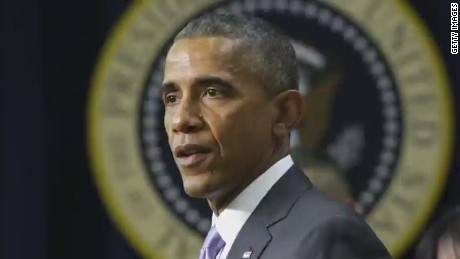
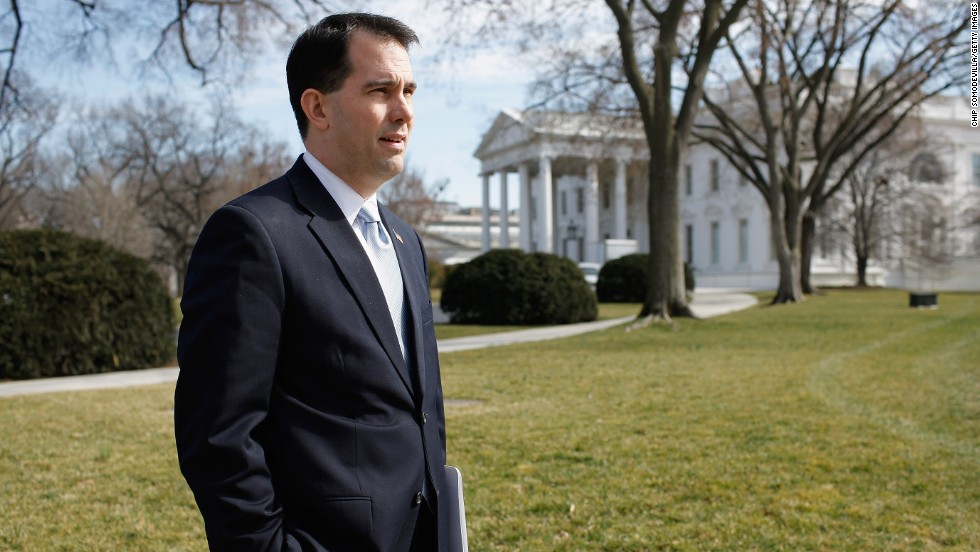



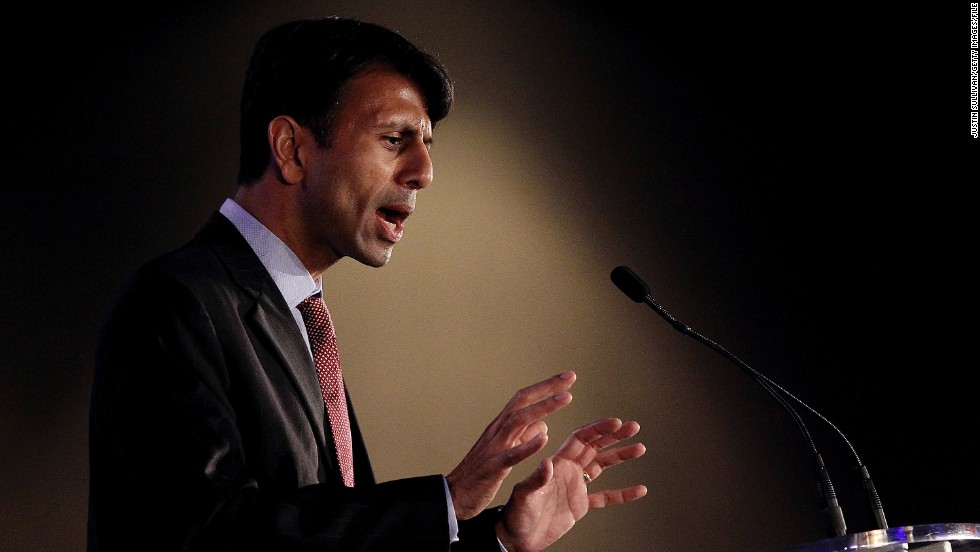

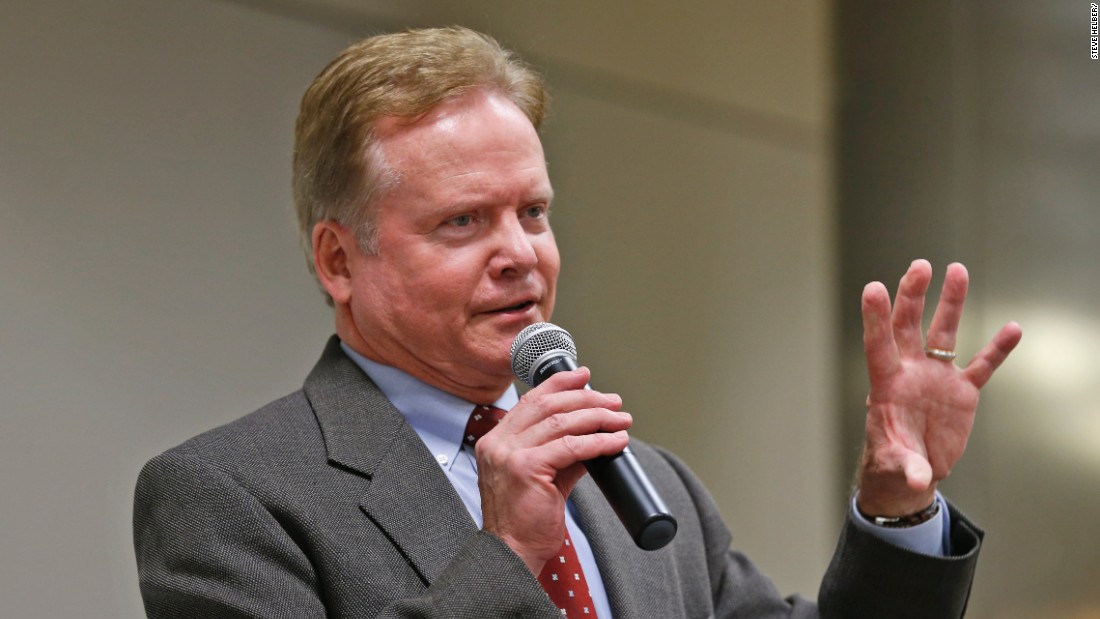
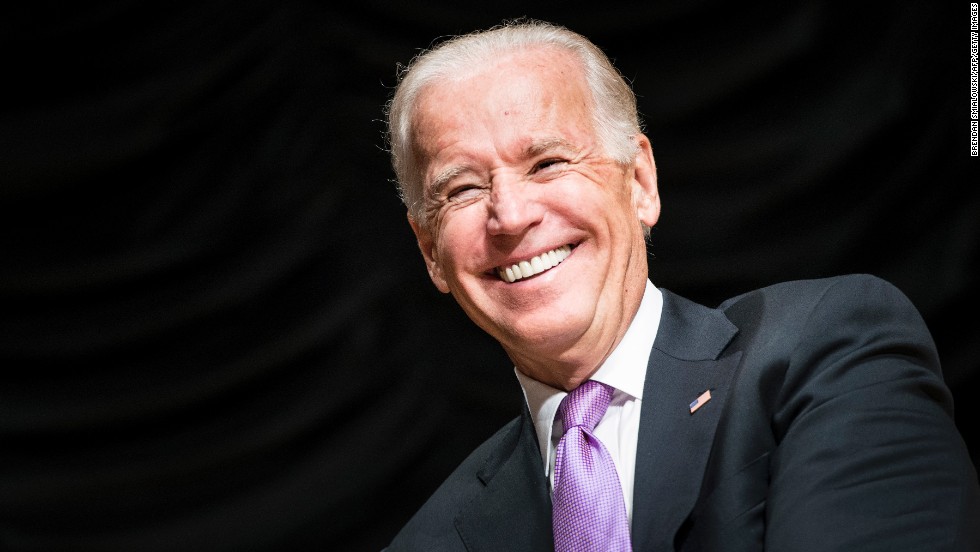
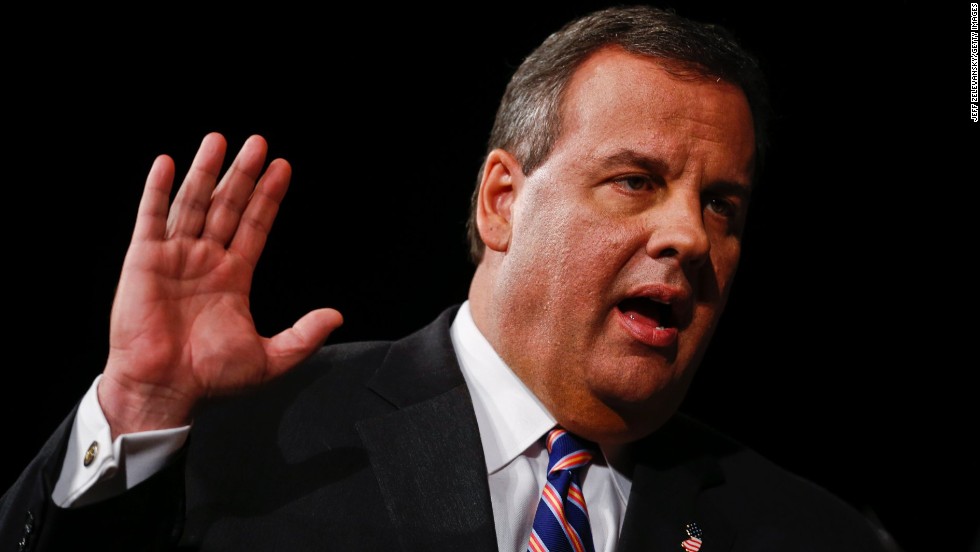


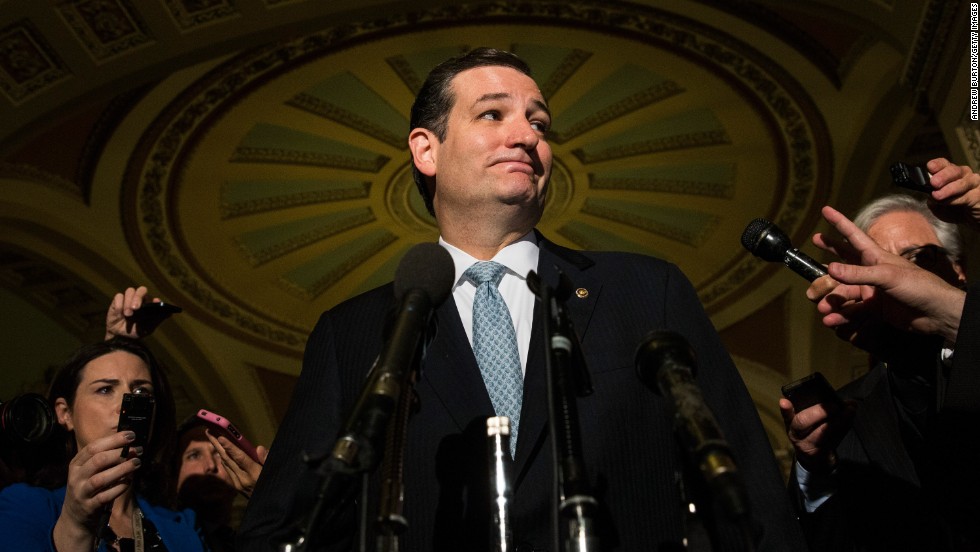
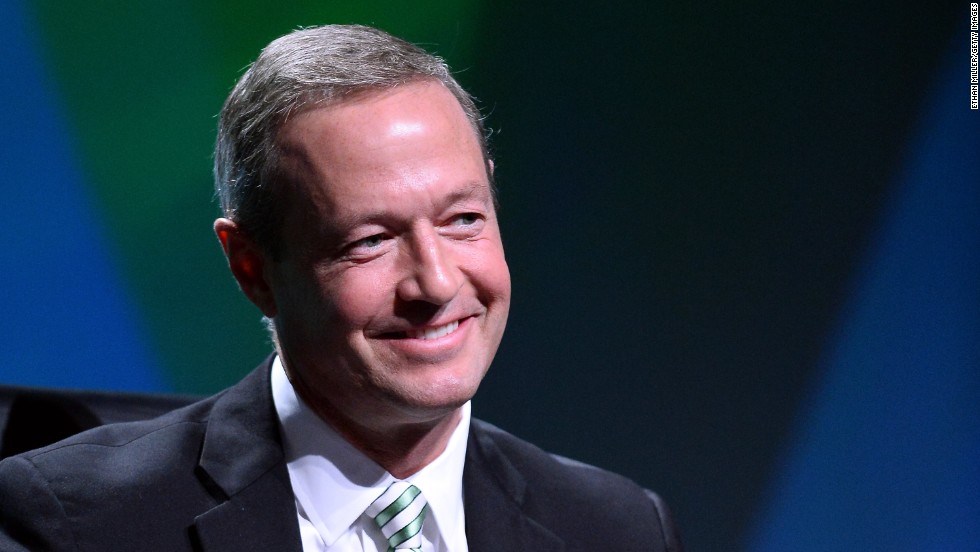

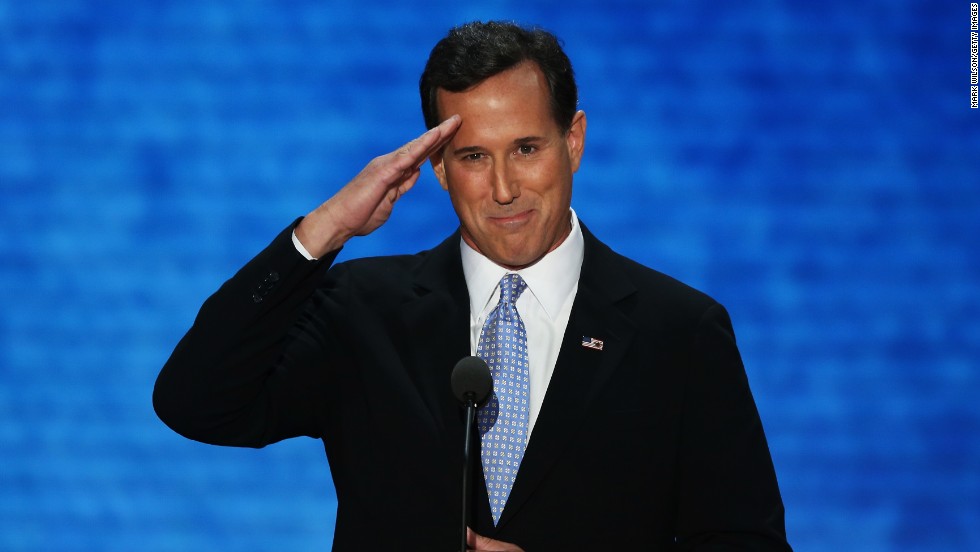
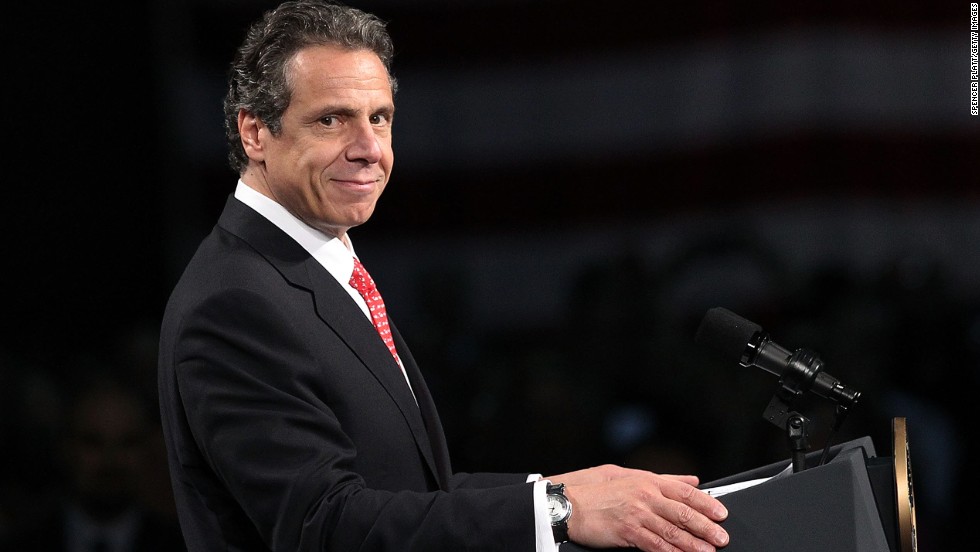

















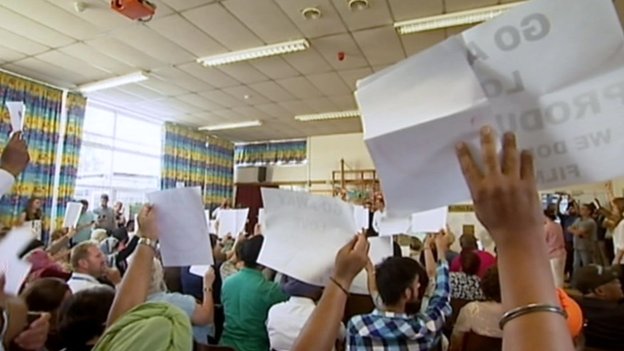
 Census figures raise concerns of ethnic segregation in schools
Census figures raise concerns of ethnic segregation in schools Multicultural Adamstown school ‘very proud to be inclusive’
Multicultural Adamstown school ‘very proud to be inclusive’ The multicultural classroom: how can our schools ensure a more stable, diverse society?
The multicultural classroom: how can our schools ensure a more stable, diverse society?